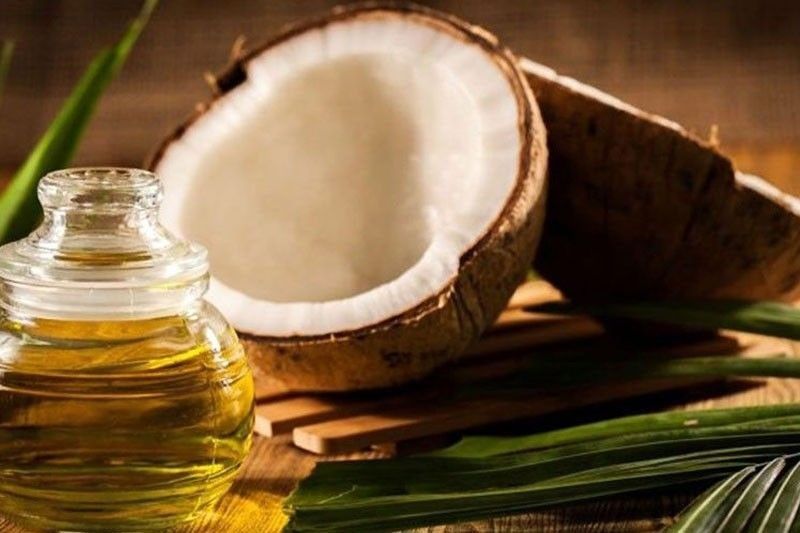Less exports of coco oil seen this year

MANILA, Philippines — The Philippines is seen to export less coconut oil this year despite increased production as logistical issues brought on by the pandemic weigh in.
Based on the latest report of the United States Department of Agriculture-Foreign Agricultural Service (USDA-FAS), coconut oil exports may decline to 875,000 metric tons (MT) this year, based on estimates from the United Coconut Association of the Philippines (UCAP).
The figure is 21 percent lower than last year’s 1.112 million MT and will be the lowest since the 882,563 MT recorded in 2016.
Coconut oil exports dropped by around seven percent last year from 1.197 million MT in 2019.
Coconut oil is the largest Philippine agricultural export and its top markets are the EU and the United States.
“Exports of coconut oil also may be disrupted by logistical issues with traditional trading partners due to COVID-19 restrictions,” the USDA said.
Meanwhile, the USDA reported that the Philippines’ coconut oil output is expected to increase by nearly five percent to 1.65 million MT, consistent with the expected increase in copra harvests.
For this year, copra production is seen to increase by 2.8 percent compared to the previous year due to better rainfall in most coconut-growing areas.
The USDA reported that coconut oil food use consumption is forecast to rise by 100,000 MT from the previous year’s level, boosted by increased food manufacturing.
Coconut oil is used as a raw material in making margarine, shortening, and milk fat substitutes and in biscuit and cracker production.
The anticipated increase of the biodiesel blend mandate from the current two percent is also seen to boost industrial coconut oil consumption, the USDA said.
In February, the Philippine Coconut Authority said it would increase the coco methyl ester (CME) content of biodiesel from two percent to five percent as part of efforts to improve the country’s energy mix.
Biodiesel is a blend of diesel fuel and CME, a derivative of coconut oil. The current diesel blend in the country consists only of two percent CME and 98 percent regular diesel.
Under the Philippine Energy Plan 2012-2030, biodiesel should contain at least five percent CME by 2020.
However, this target was not met due to the impact of the pandemic such as the lack of assurance in the sufficiency of biodiesel supply due to limitations in logistics and transportation difficulties.
- Latest
- Trending































